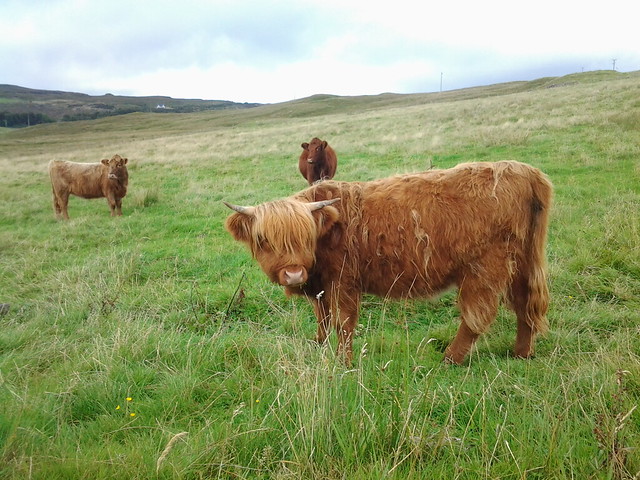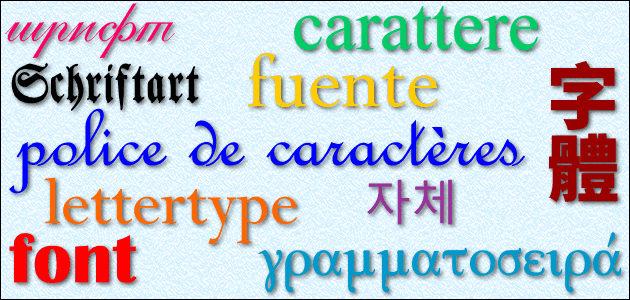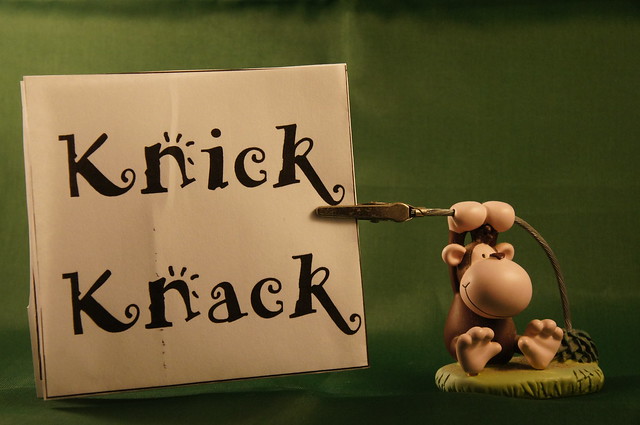If your thinking is woolly, it is unclear, fuzzy, hazy, confused, vague, cloudy and/or confused and irrational, and you base it more on emotions rather than logic. You might be said to be woolly-headed or woolly-minded. For those of you who use American English, just ignore the second l in woolly [source].
If you like to do a bit of woolgathering, then you either gather tufts of wool caught on bushes, are absentminded, or like to indulge in idle fancies and daydreams [source].
In Dutch the word wollig [ˈʋɔ.ləx] means woolly, fluffy, fuzzy, and also vague, unclear or muddy (tone) [source].
In Welsh, one word for woolly is gwlanog [ˈɡwlanɔɡ], which also means fleecy, unshorn, downy, woollen, and a well-off or well-to-do person. There are more sheep than people in Wales and owning a lot of them was probably a sign of prosperity in the past.
A related Welsh word gwlanen [ˈɡwlanɛn], which means a flannel or face-cloth, and also a man of weak character, one who lacks backbone, and a spineless or unreliable person, gwlanennog means flannel-like, soft and also weak-willed, without backbone, unreliable or spineless [source].
So a well-off person who is spineless would be a gwlanog gwlanennog.
You can find more woolly words in Celtic languages in today’s Celtiadur post.
Incidentally, the English word flannel comes ultimately from *wlanā, a Gaulish word meaning wool, via Old French and Norman [source].
Are there any interesting wool-related expressions in other languages?














